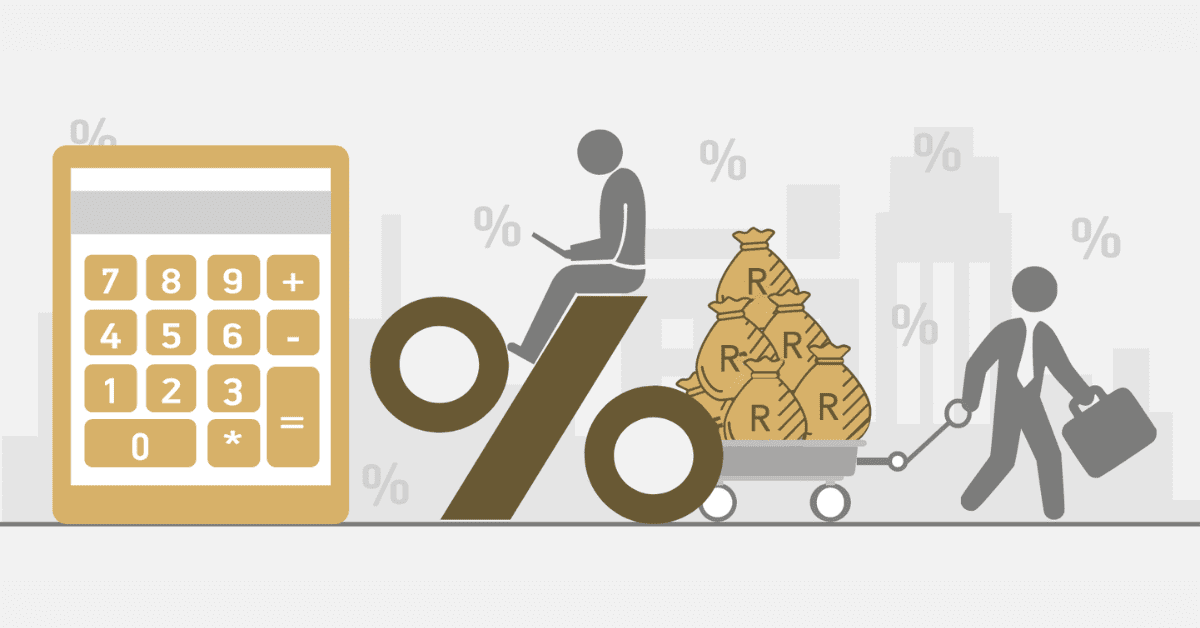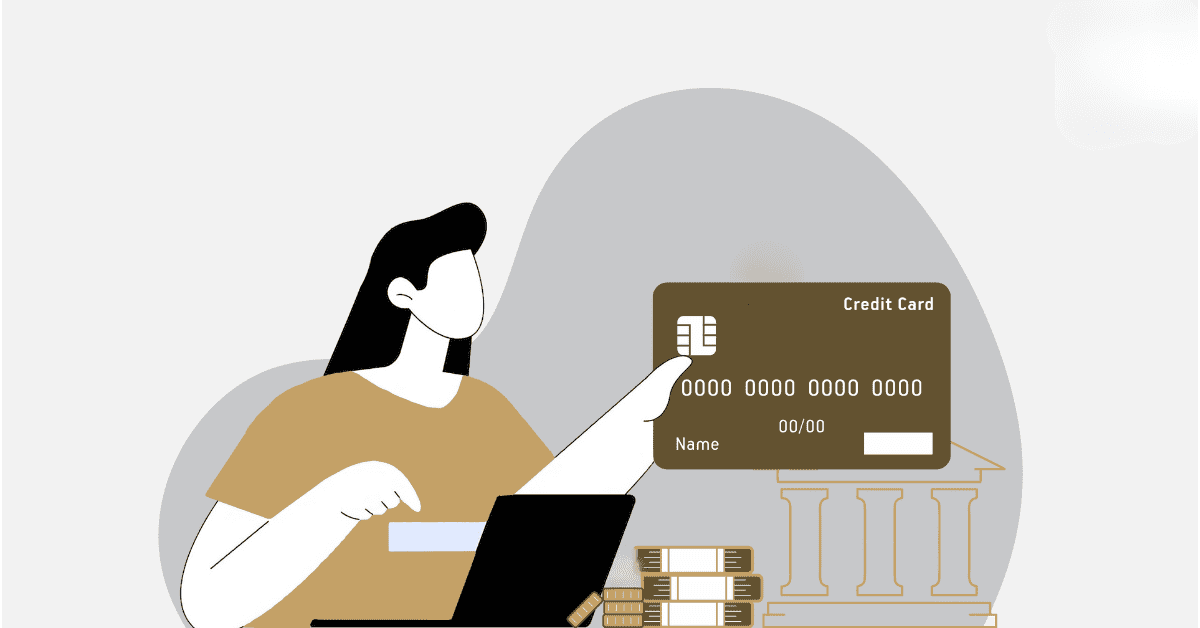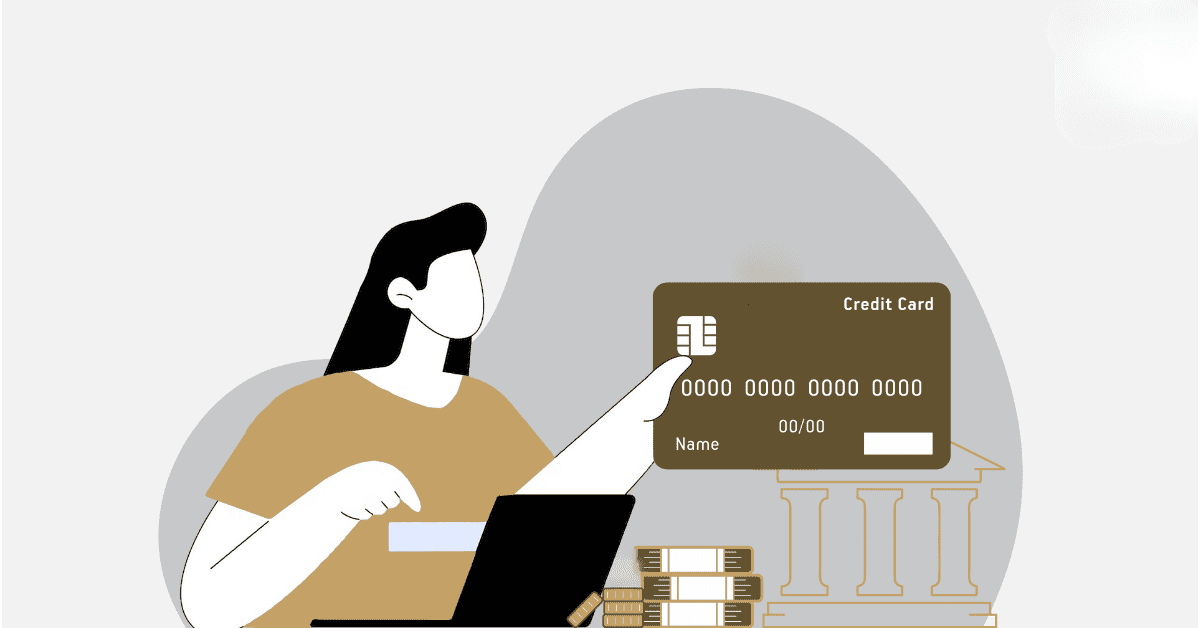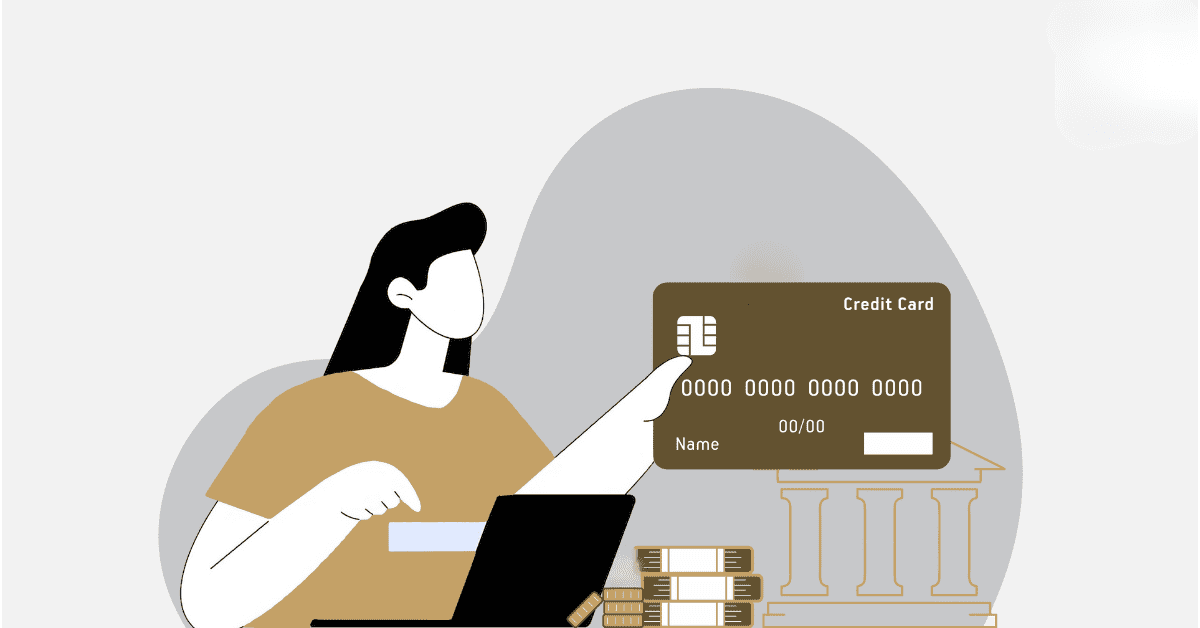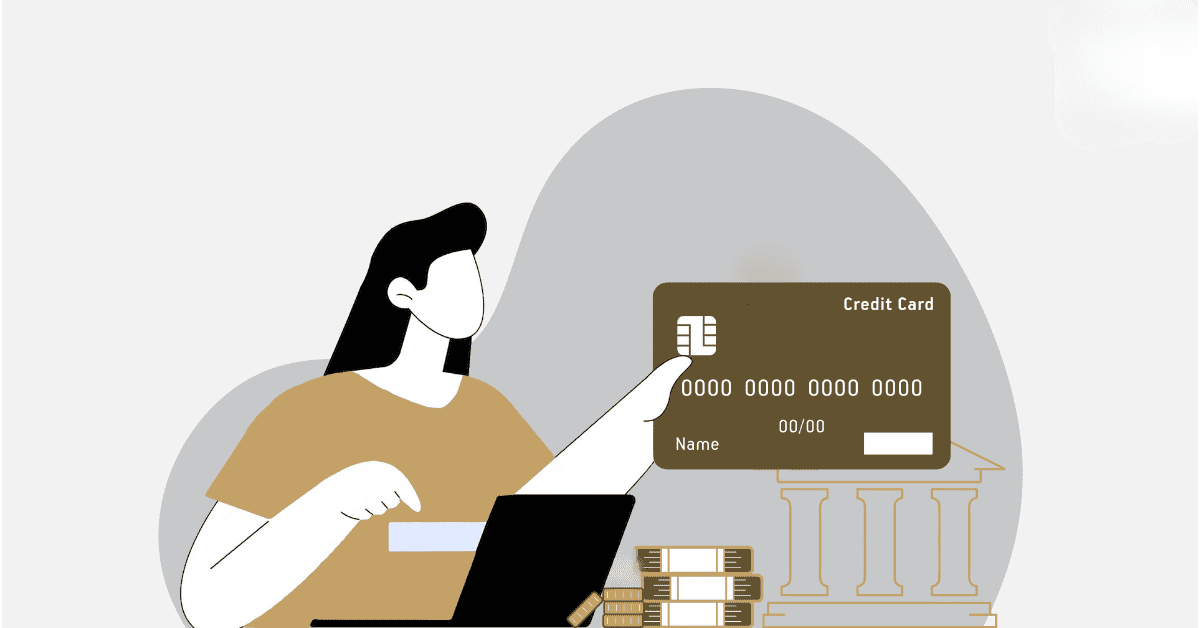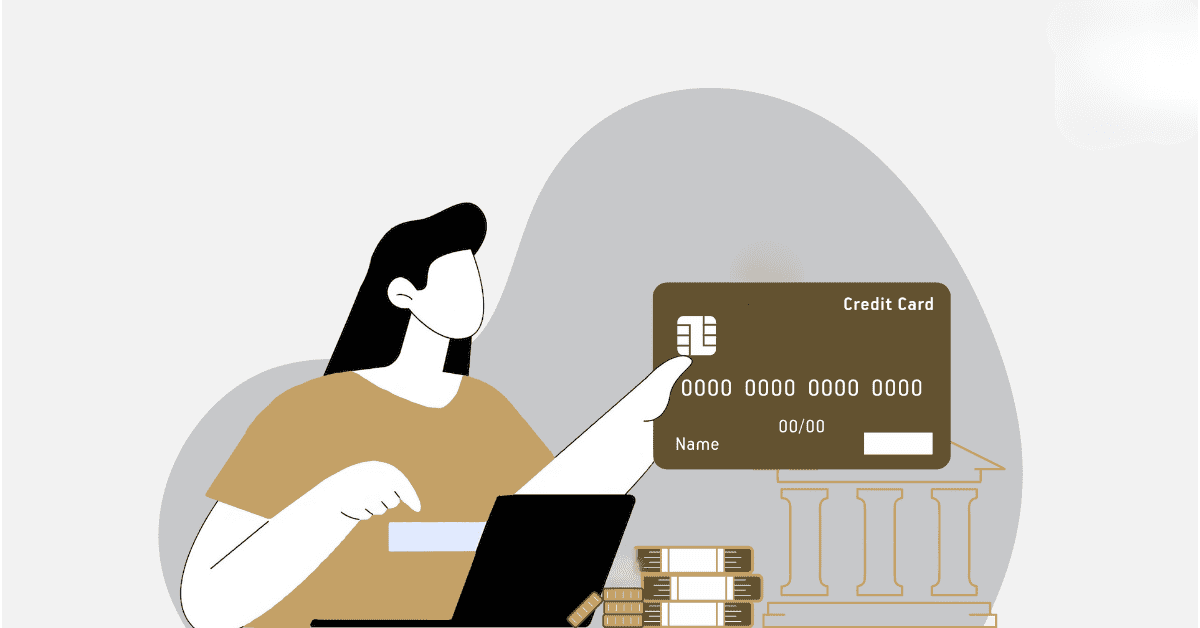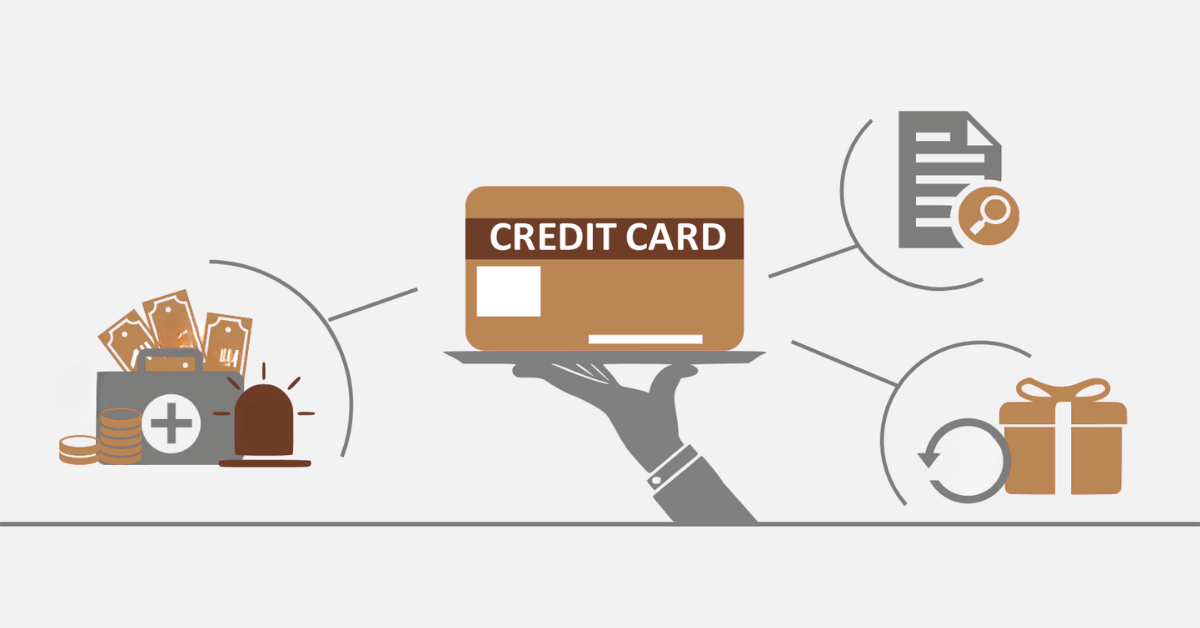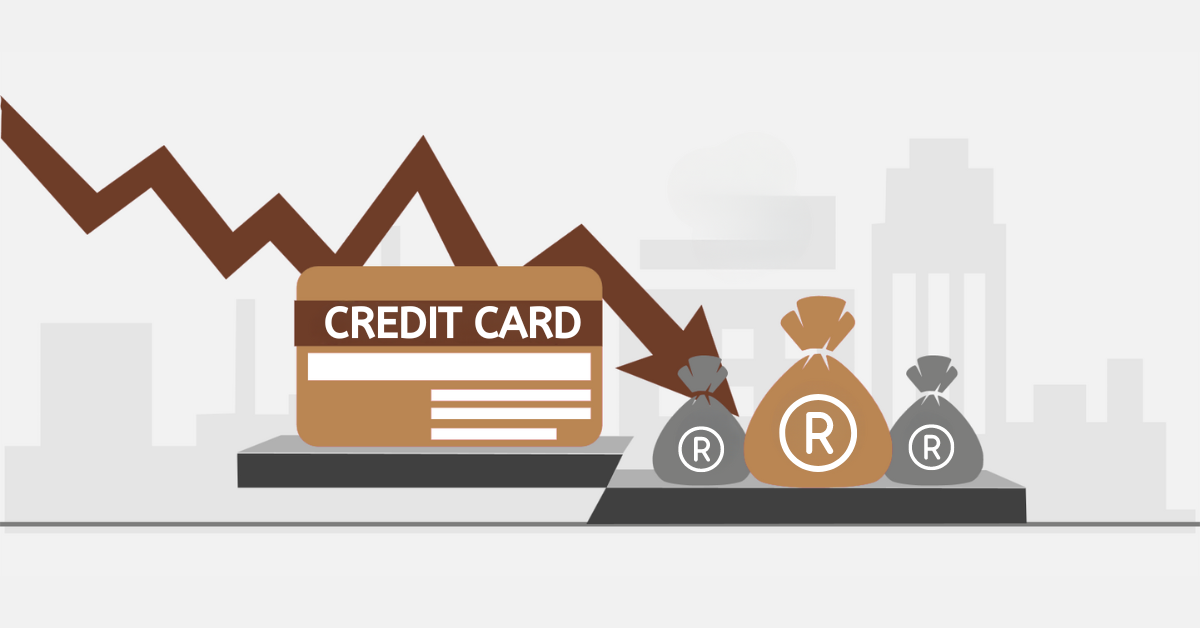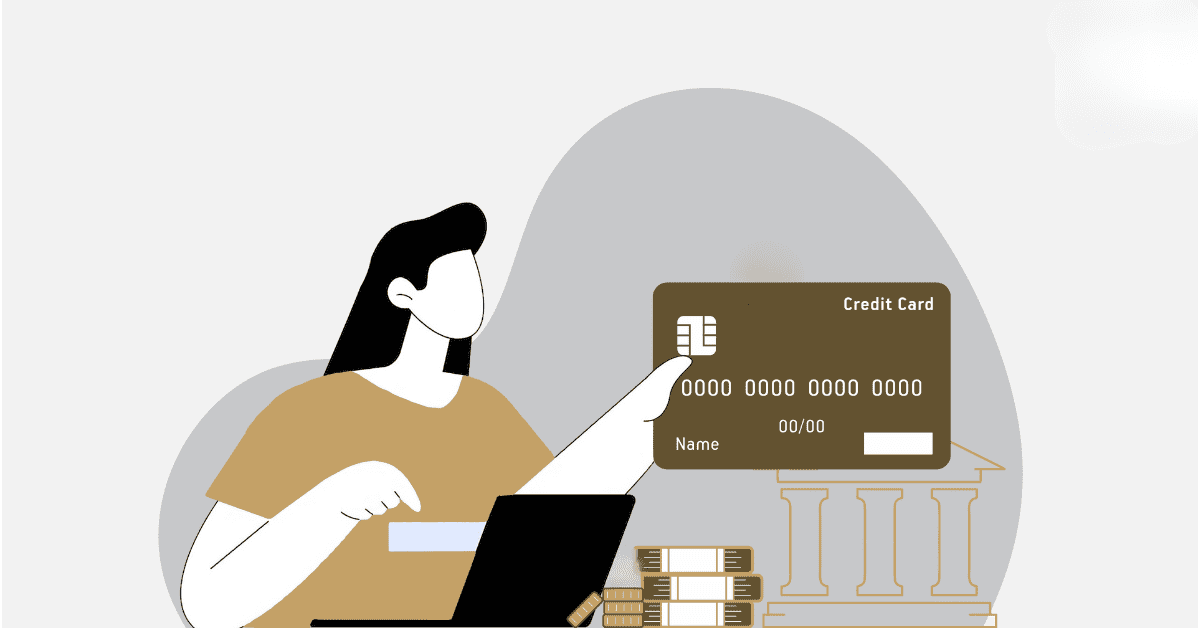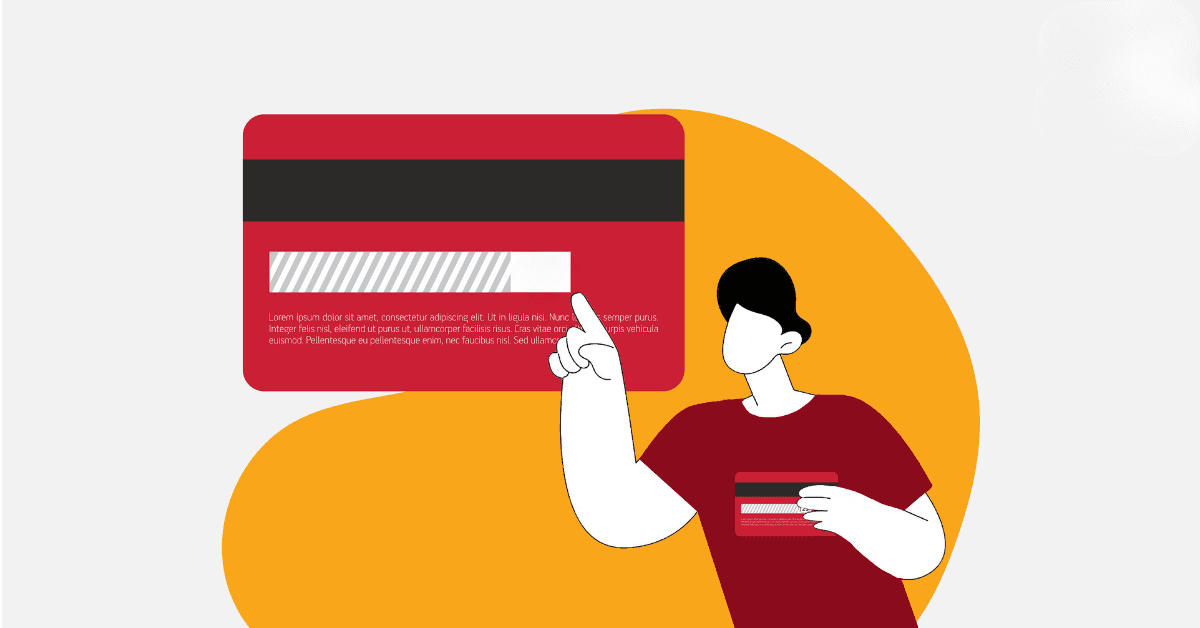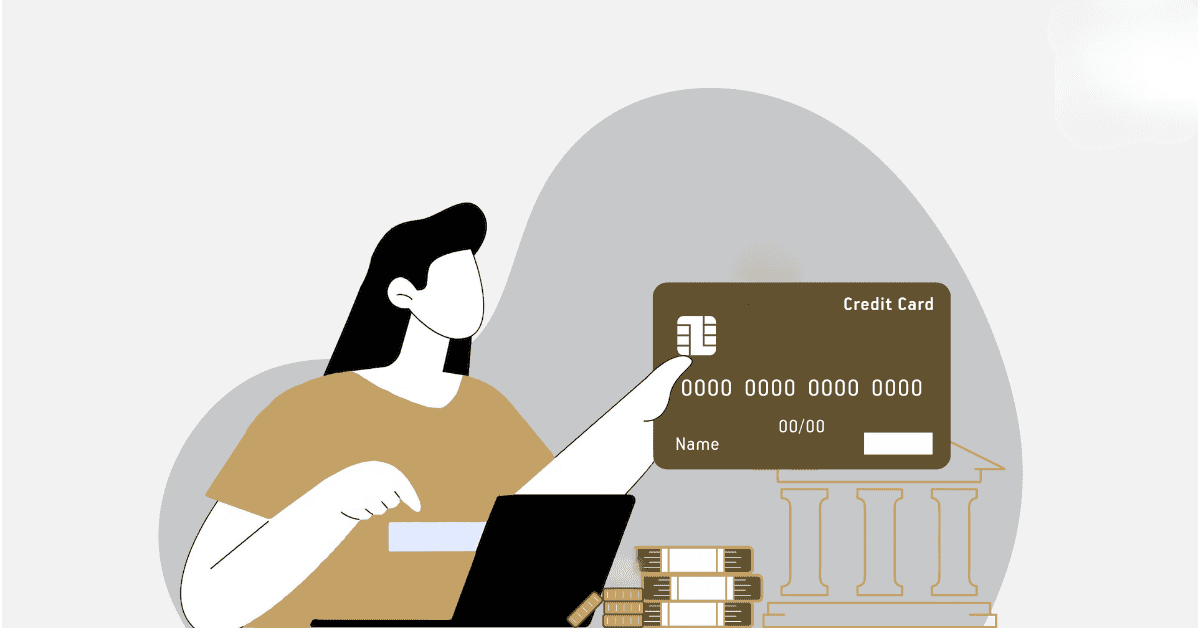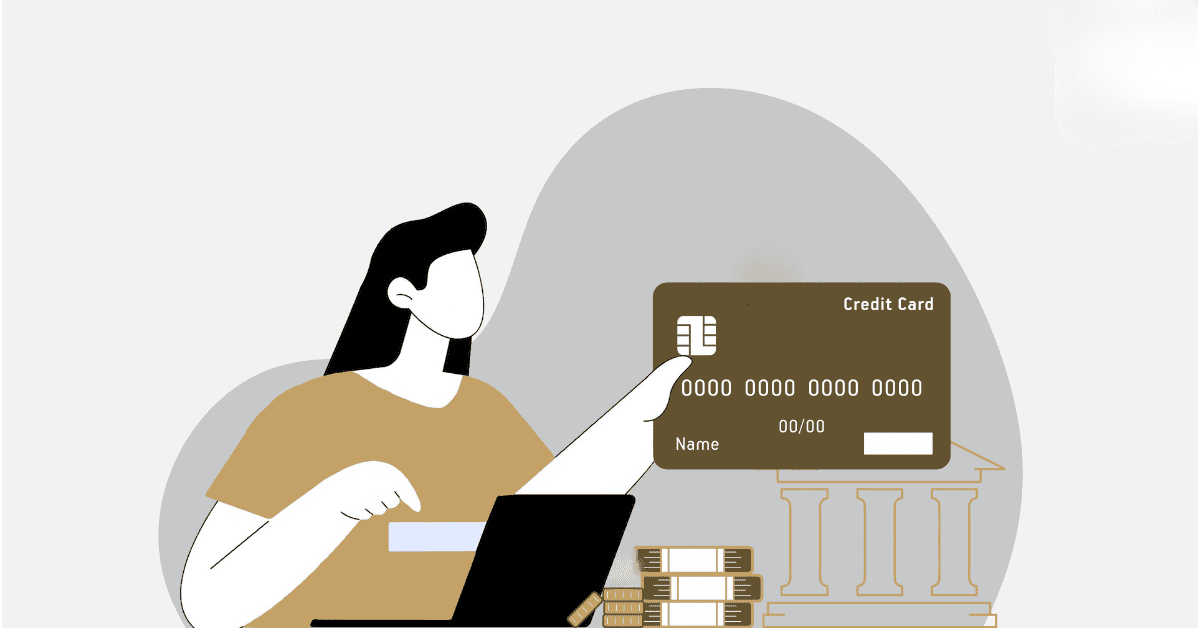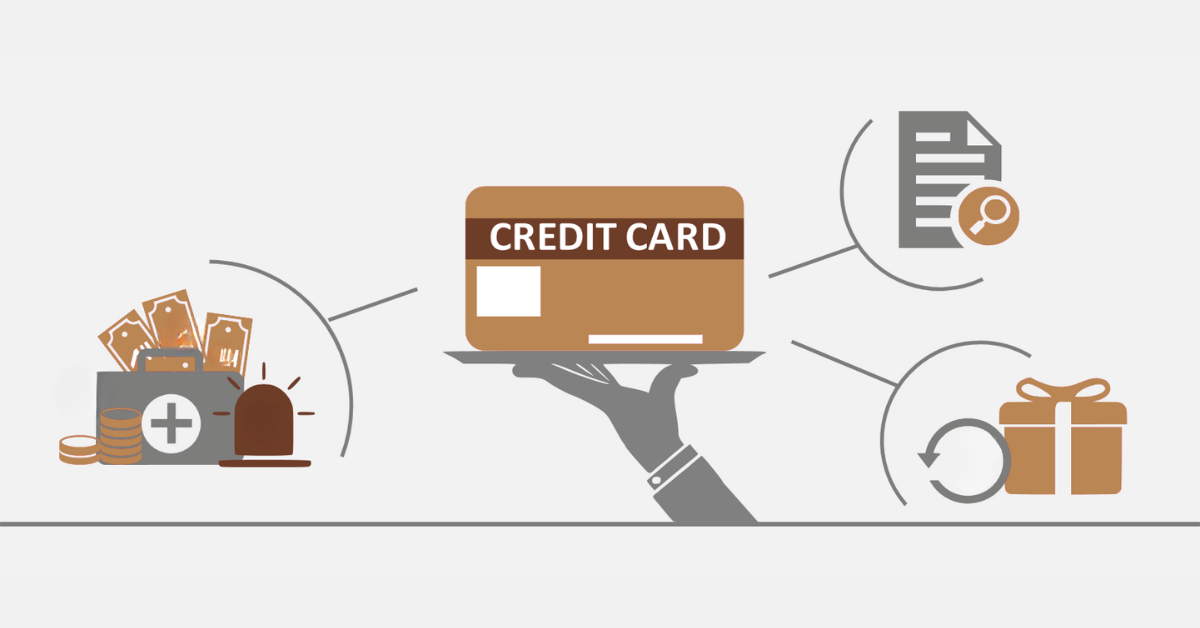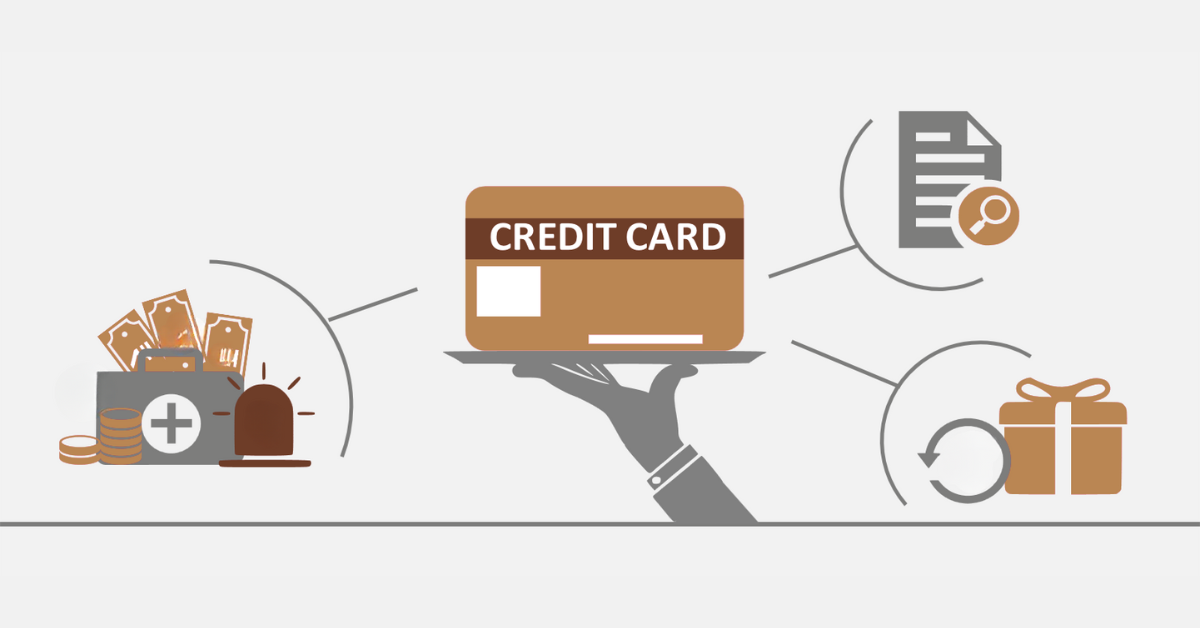Credit card fraud is a major concern in South Africa, and the thieves use different tricks and techniques to overcome security measures like OTP. Thus, it is pivotal that consumers know about these fraudulent methods to defend themselves. This post will focus on how scammers can use payment systems and NFC technology to make unauthorized purchases without requesting the OTP. While looking closer, we will consider how these scams take place and what can be done to avoid them. We aim to provide South African cardholders with the information to shield their financial information as more and more aspects of life become digital.
How Can Thieves Make Credit Card Purchases Without OTP?
Thieves can make credit card purchases without an OTP (One-Time Pin) by exploiting the existing gaps in the payment processing systems. Digital wallets or NFC technology are one of the ways that card details are stolen in South Africa, and they are used to carry out unauthorized transactions. This way, the OTP is avoided, and the cardholder-specific information, like the mobile number, where the OTP is typically sent during transactions, is bypassed.
Fraudsters may also use skimming devices or data breach information to create fake cards. Such stolen cards can then be used to buy goods where no OTP will be requested. Furthermore, certain online merchants, especially foreign ones, may not require an OTP for purchases, and thus, a thief can use the stolen card’s data and make an order without any additional authentication.
In this regard, cardholders should always stay alert, monitor their accounts, and inform about unauthorized transactions immediately. Banks and financial institutions are constantly developing better security measures to stop such fraud, but clients should also be very aware and act quickly enough to limit the risk.
Is It Possible To Spend On A Credit Card Online Without OTP?
Sometimes, you can pay online using your credit card without an OTP (One-Time Password). While the majority of SA merchants and banks have introduced OTP as an extra safety measure for online transactions, there are still some instances where an OTP will not be requested:
- International Websites: You might encounter a few international websites that do not ask for an OTP for credit card transactions. These sites employ the additional safety features of CVV and address verification.
- Virtual Cards: Digital cards can be used for online payments without the risk of real card numbers or private data exposure. Most of the time, they don’t demand an authentication code for their transactions.
- Merchant-Specific Policies: The security protocols of various merchants may differ, and some might not include an OTP verification for every payment made.
How Did Someone Use My Credit Card Without Having It?
Offenders can use another person’s credit card without holding the physical card through different ways that do not require the card to be there. The following shows samples of this:
- Online Transactions: A thief who holds your credit card number, CVV, and expiry date can buy goods online without a physical card.
- Card Skimming: A device called a skimmer can do this. It is attached to ATMs or card readers and collects information about the card when you swipe it. With this data, fraudulent transactions may be made.
- Data Breaches: Hackers may get credit card information from hacked retailers’ or service providers’ databases and apply it cumulatively.
- Phishing: Scammers easily get you to disclose your card details by employing deceptive emails and websites.
- Public Wi-Fi: Cyber criminals can capture your card information during transactions while connecting through public Wi-Fi.
How Do You Transfer Money With Only A Card Number And Cvv Without OTP?
Making a transaction with only a card number and CVV without an OTP (one-time password) is not easy because of the security measures that block fraud. However, certain exceptions may vary based on the area and the particular policies of the financial institution.
In South Africa and many other nations, financial transactions mostly use multi-factor authentication involving OTPs sent to cardholders’ registered mobile numbers. This function simply protects against the unauthorized processing of credit or debit cards.
On some international platforms, transactions may go without the condition of OTP, but these are rare and usually have to meet some additional terms. To illustrate, a few transactions in the USA may not demand an OTP when you have the card number and CVV, but that is not a practice used around the globe, particularly in SA.
It is necessary to emphasize that bypassing OTP mechanisms may pose security risks, such as the threat of fraud. As a result, you are advised to strictly follow the security policies prescribed by your bank or financial institution to afford your money and personal data, which are necessary security measures. Transacting money using secure and trustworthy methods will limit your exposure to financial scams and cyber-related risks.
